India, China to step up dialogue in bid to defuse border tensions
Fri 10 Jul 2020, 17:01:56
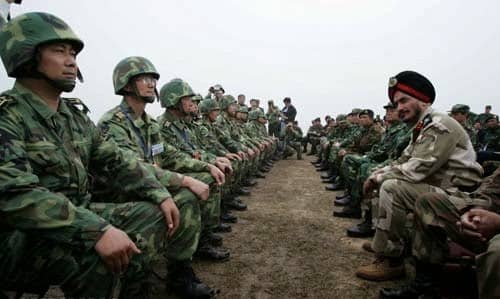
NEW DELHI: India and China are looking to de-escalate tensions through increased dialogue and by pulling back tens of thousands of troops from the Line of Actual Control (LAC). However, the process of disengagement in certain areas, such as the Pangong Tso Lake, has been extremely slow.
While another round of talks at the diplomatic and senior military commander levels is expected soon, Indian and Chinese troops have created buffer zones of 3-4km between them at three contentious locations—patrolling points 14, 15 and 17A, said Indian officials. The buffer zone across PP 17A is expected to be settled by Friday.
There was a “thinning" of Chinese presence at the Pangong Tso Lake area, where they had made considerable inroads into areas patrolled by the Indian Army, said an official, requesting anonymity. The Chinese have withdrawn from Finger 4, a post that had been under Indian control, to Finger 5, but are yet to move back to their earlier position, known as Finger 8, he added.
“The initial disengagement has been completed at Galwan, Gogra and Hot Springs areas. Thinning out is currently in progress at the Pangong Tso Lake area. We will wait and see how that proceeds," the person said.
All outstanding issues to stabilize the situation further will be discussed at a meeting of the Working Mechanism for Consultation and Coordination (WMCC) on border affairs between India and China, which was expected on Friday, the second person said, also requesting anonymity.
Another gathering between senior armed force officers is relied upon one week from now to talk about the following period of withdrawal, and the pulling out of troops from the Pangong Lake and Depsang Plains. The military level talks are additionally expected to examine steps to
additionally diminish troops and equipment development. The nearness of tanks, gunnery and overwhelming vehicles along the LAC has been a reason for worry for the different sides.
additionally diminish troops and equipment development. The nearness of tanks, gunnery and overwhelming vehicles along the LAC has been a reason for worry for the different sides.
For additional de-heightening, the exceptional delegates of India and China, national security consultant Ajit Doval and Chinese remote clergyman Wang Yi, will along these lines hold talks. The 5 July talks among Doval and Wang appeared to have assumed a job in guaranteeing the advancement on separating troops, terms of which were settled upon by the senior military commandants of India and China on 30 June.
On Thursday, Indian remote service representative Anurag Srivastava said Doval and Wang had concurred that "harmony and quietness in fringe zones was fundamental for the general advancement of respective relations".
"They additionally shared the view that it was important to guarantee at the most punctual complete withdrawal of the soldiers along the LAC and de-heightening in the India-China outskirt regions for full rebuilding of harmony and quietness as per the respective understandings and conventions," he included.
“(India) remains convinced of the need for maintenance of peace and tranquillity in the border areas and the resolution of differences through dialogue," Srivastava said. “(But) we are also strongly committed to ensuring India’s sovereignty and territorial integrity."
Chinese foreign ministry spokesperson Zhao Lijian on Thursday told PTI that troops of both sides had taken “effective measures" to disengage and the situation was “stable and improving". “Following the consensus reached at the commander-level talks, troops have taken effective measures to disengage at the frontline at Galwan Valley and other areas," Zhao said.
No Comments For This Post, Be first to write a Comment.
Most viewed from National
Most viewed from World
AIMIM News
Latest Urdu News
Most Viewed
May 26, 2020
Can Lionel Messi's visit boost Indian football?
Latest Videos View All
Like Us
Home
About Us
Advertise With Us
All Polls
Epaper Archives
Privacy Policy
Contact Us
Download Etemaad App
© 2026 Etemaad Daily News, All Rights Reserved.


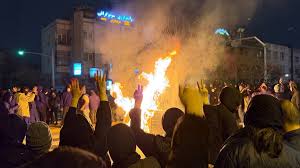


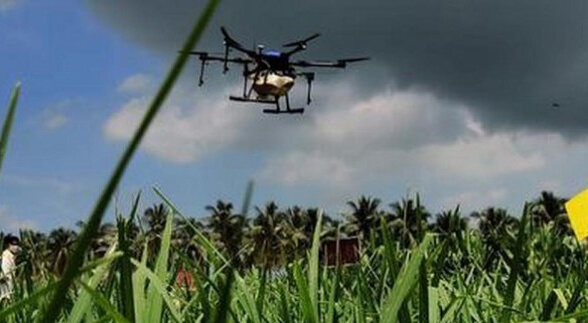

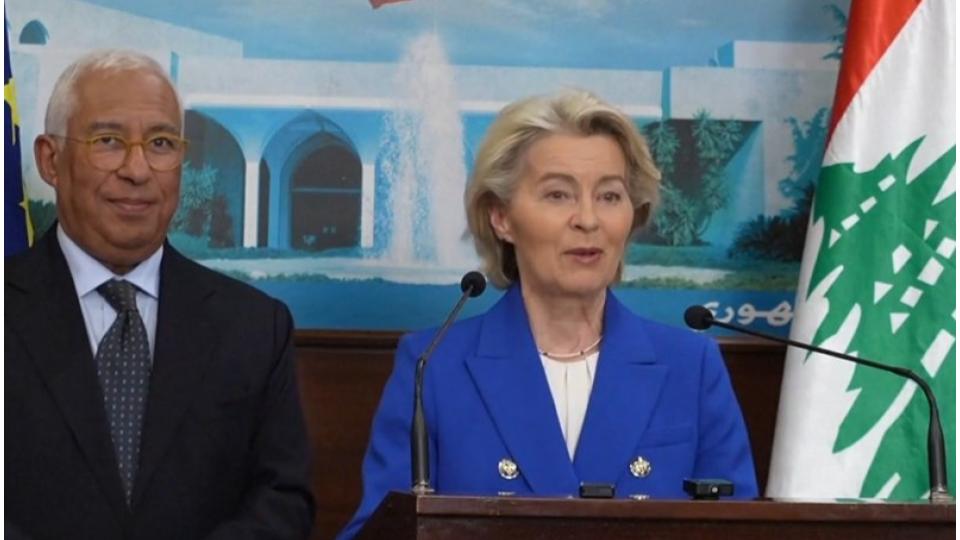
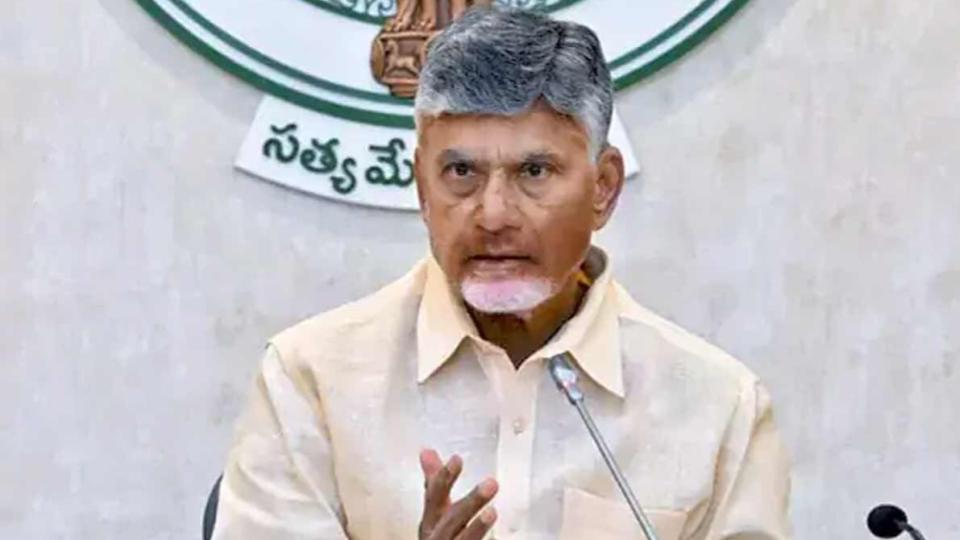
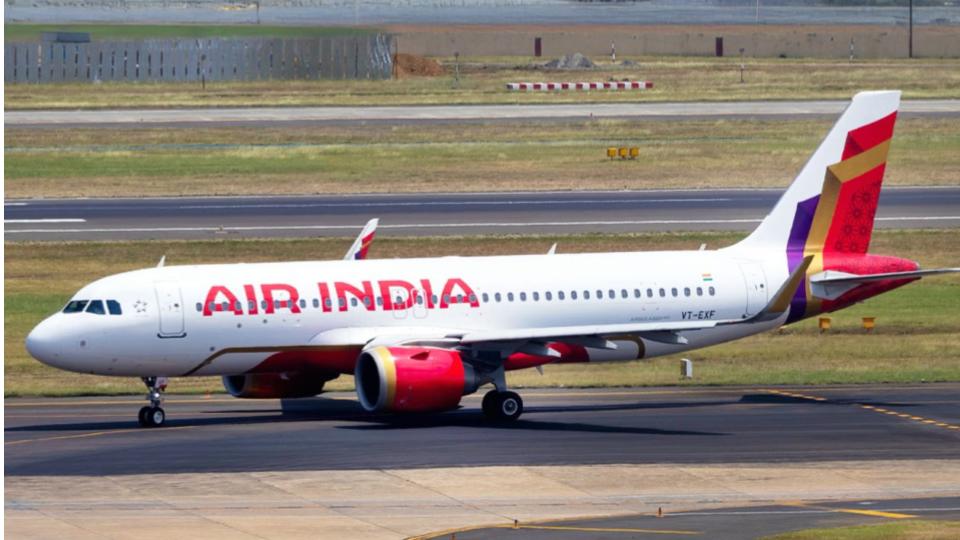
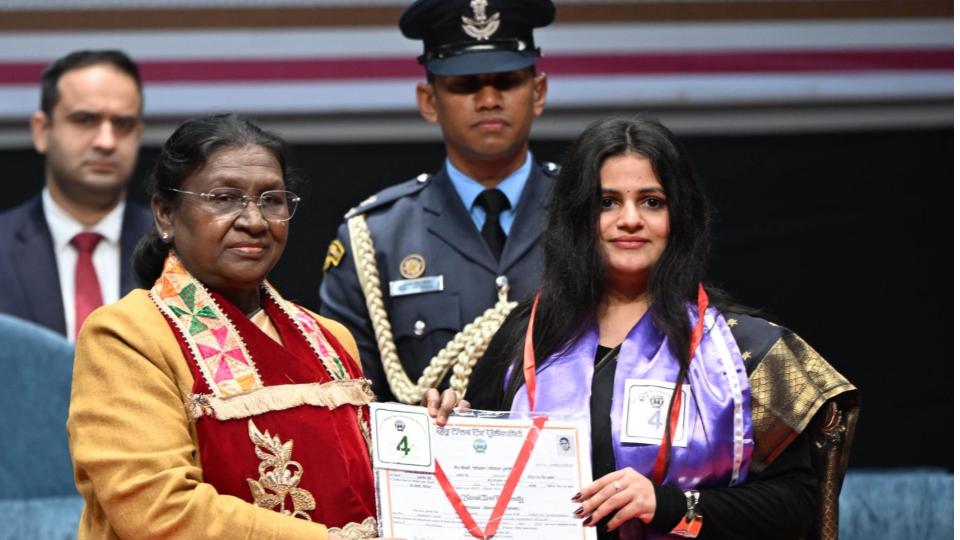
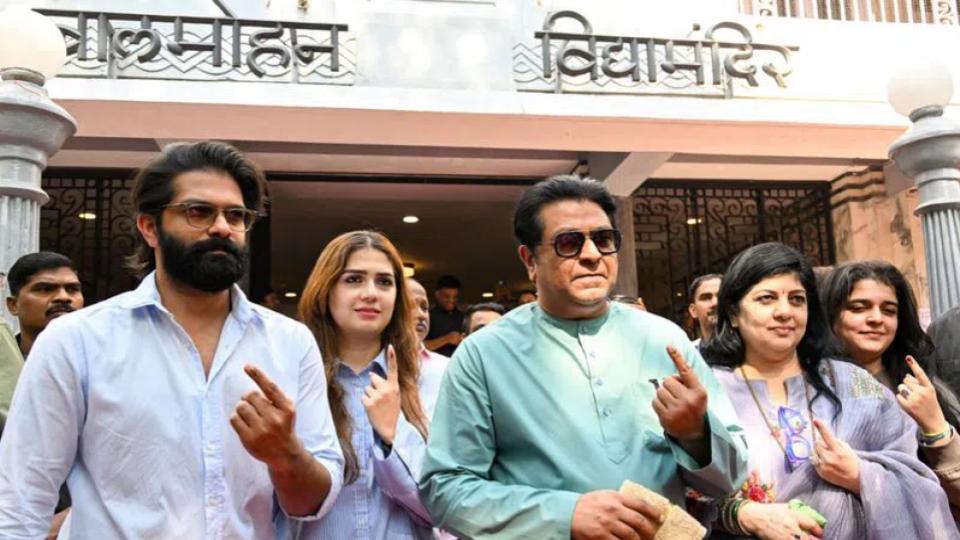
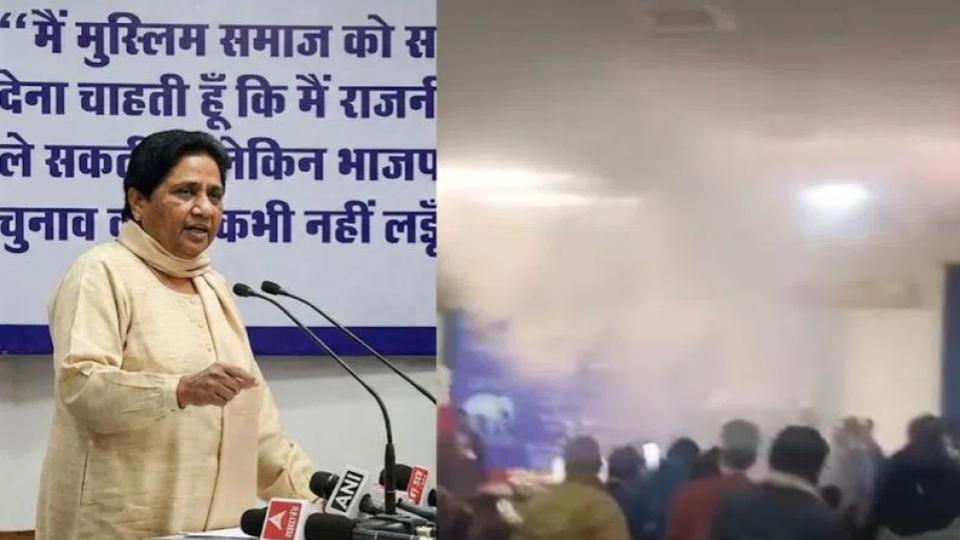
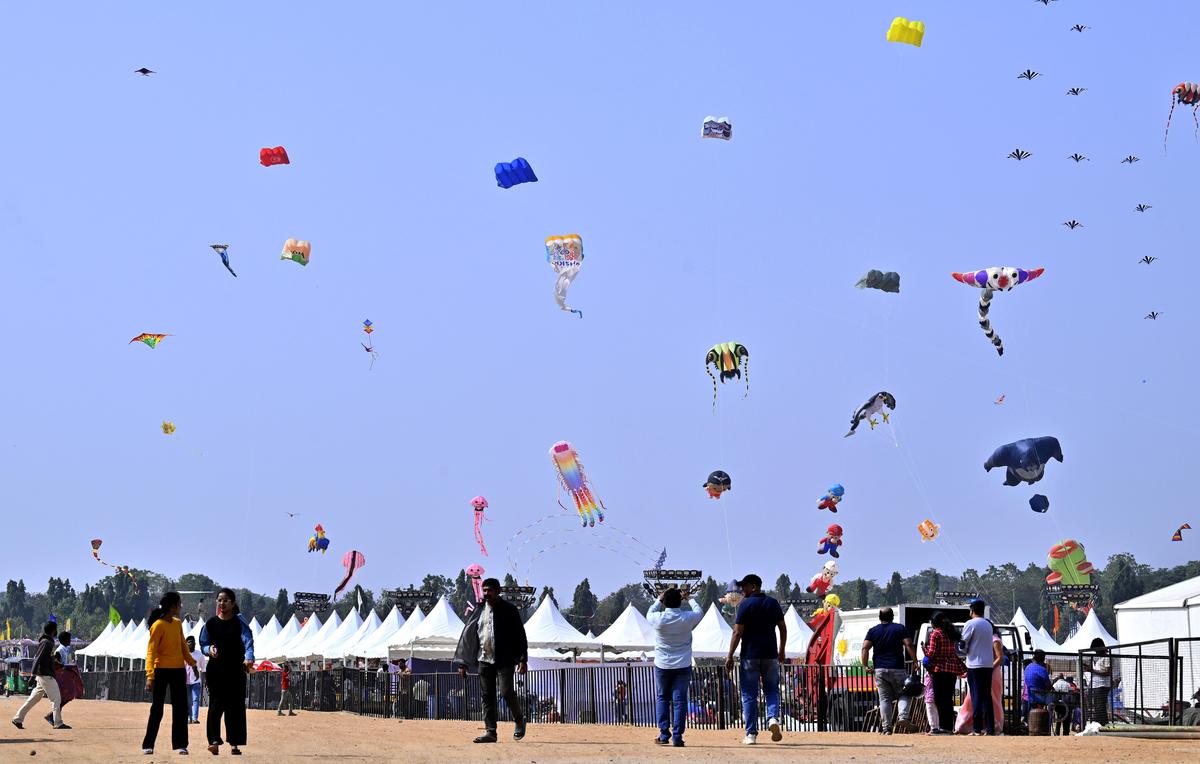
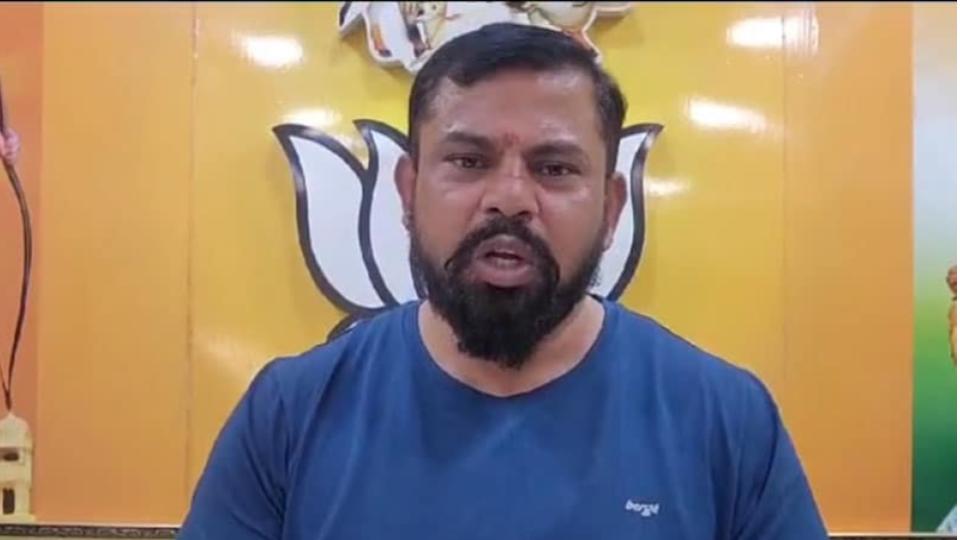
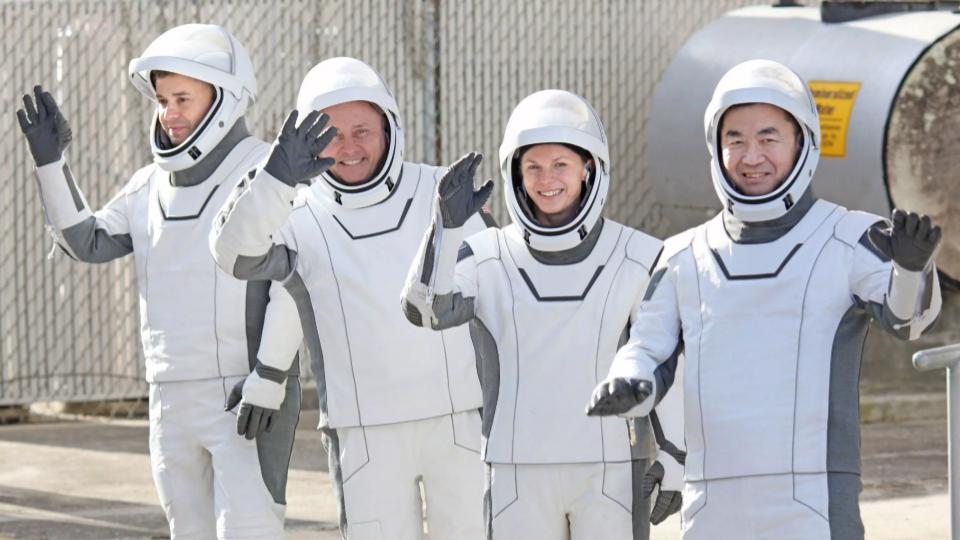
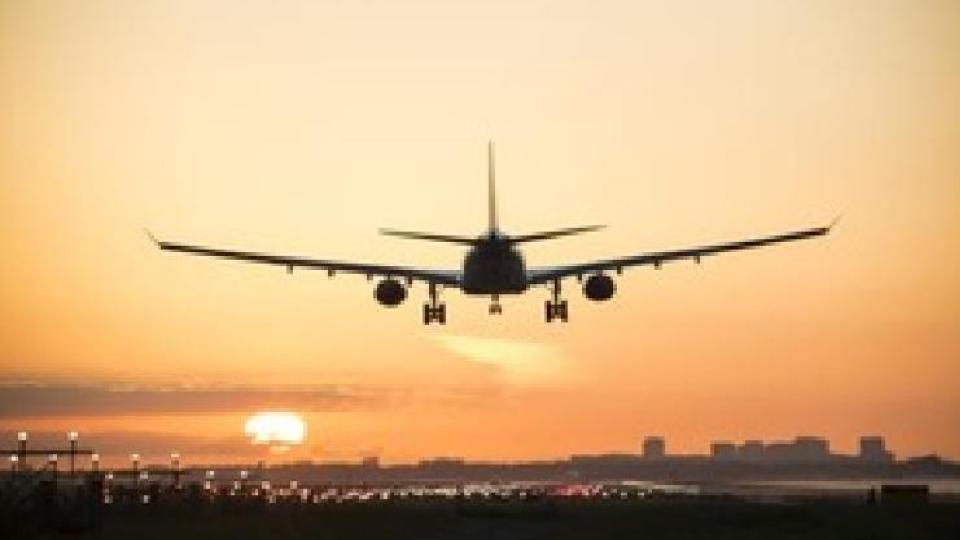
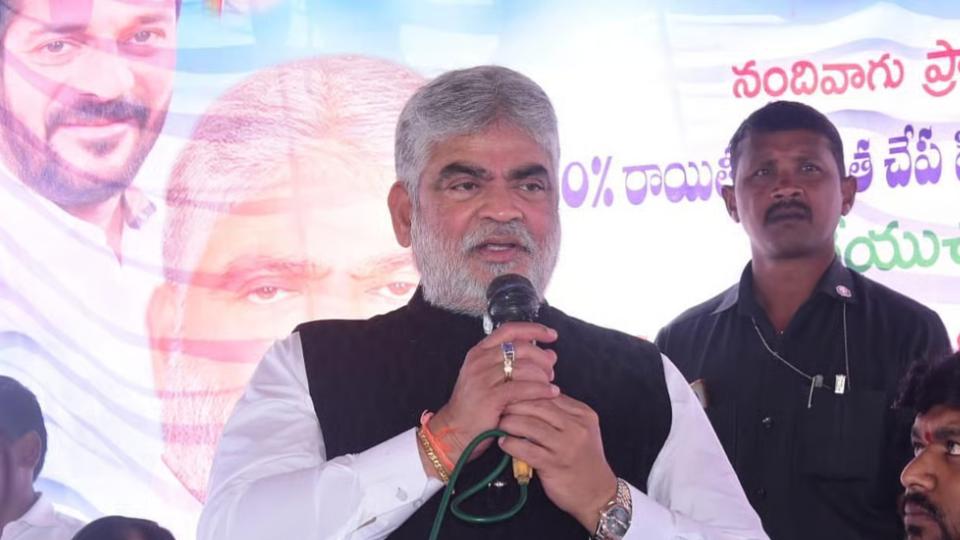

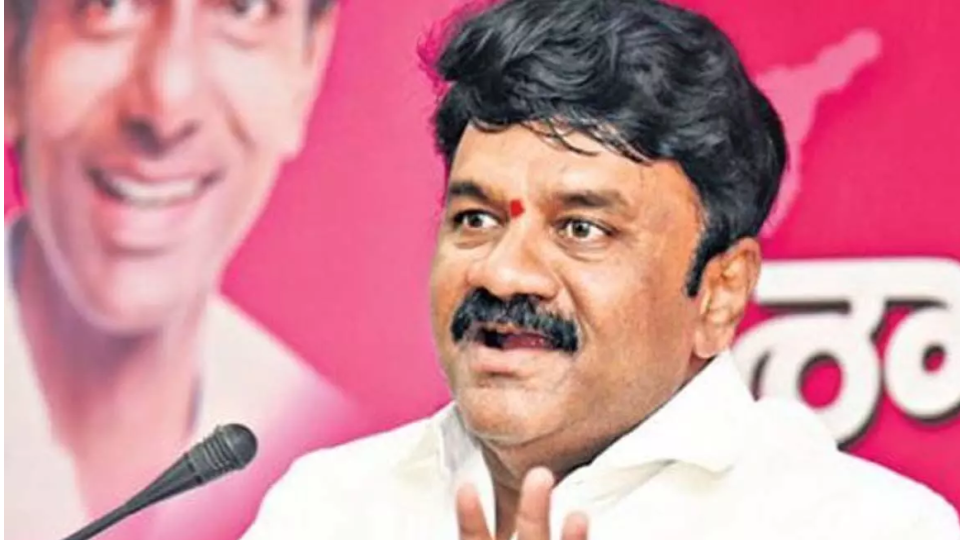

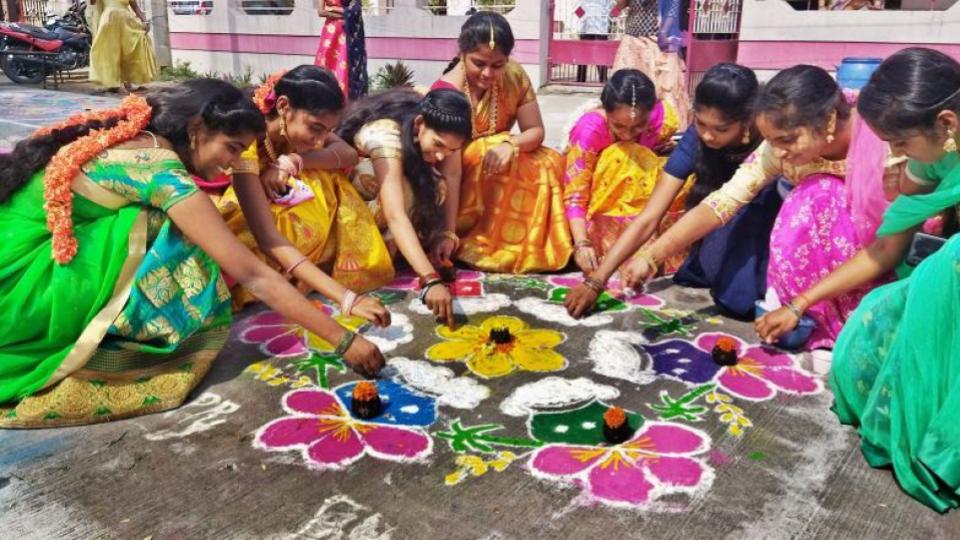

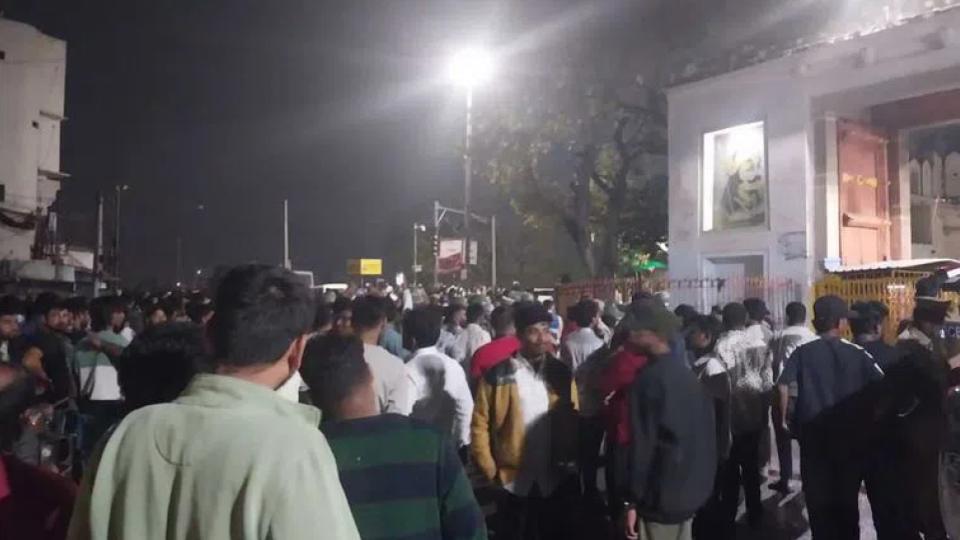


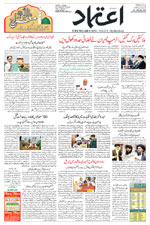










.jpg)
.jpg)
.jpg)


